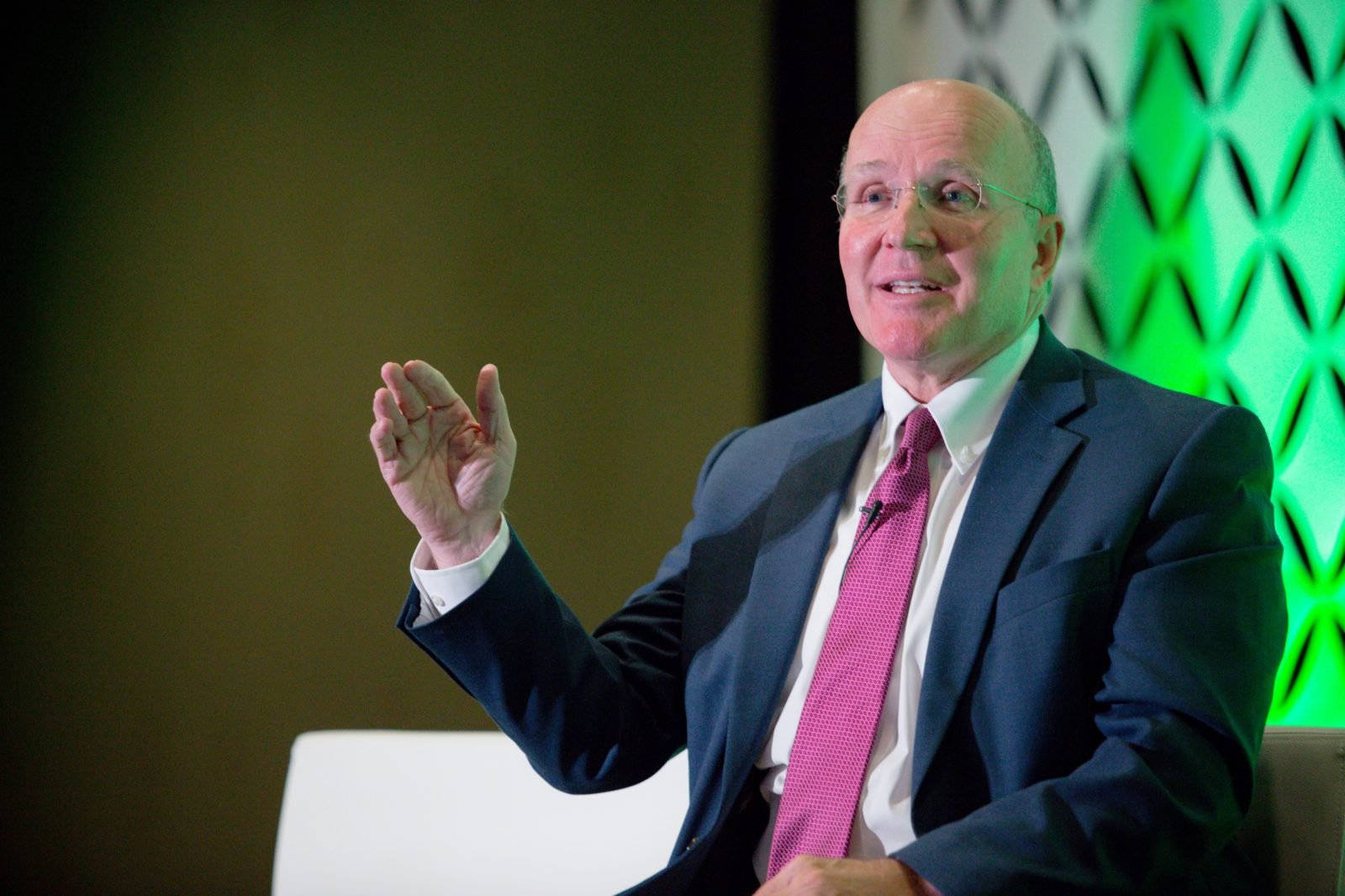A bit more about Dr Reginald Lee…
Business Dynamics & Research was co-founded by Dr. Reginald Tomas Lee in 1994 using cash-based business models he created. An engineer with a passion for business and math, Reginald is a pioneer in debunking the validity of accounting information for managerial purposes. As a replacement, he developed Business Domain Management, a mathematically sound operations and cash business framework that provides significantly more accurate and effective managerial and cash-based data and information than accounting. His work has proven valuable in helping leaders see, understand, and manage their operational and cash performance. In addition to his work at BDR, Dr. Lee is a professor at Xavier University's Williams College of Business. Previously, he has worked for a number of major global brands including EY, GM, IBM, and Oracle. In addition to teaching business at Xavier, he has also been a professor of industrial engineering, mechanical engineering, and business at other schools, most recently, Miami University's Farmer School of Business. Dr. Lee is the author of five books, Project Profitability: Ensuring Improvement Projects Realize Maximum Cash ROI, Strategic Cost Transformation, Lies, Damned Lies, and Cost Accounting, Essentials of Capacity Management, and Explicit Cost Dynamics. He has two books under contract: Essentials of Managing Capacity, and Engagement Economics: Planning and Managing Engagements to Improve Cash Profitability
Use these show notes to follow along with the audio…(scroll a bit further to see what a bot came up with)
Segment one:
“Lies, Damn Lies, and Cost Accounting” is still the best title of any accounting book. Let’s all thank Dr. Lee for it! Link is here https://www.amazon.com/Lies-Damned-Cost-Accounting-Management/dp/163157065X
A question posed recently: “Without time sheets, how do we know we did it profitably?” What we really need to answer is how are we defining profit? 1) Did I make money? Or 2) From an accounting perspective did revenue generated exceed the costs?
Dr. Lee looks at capacity as being a key component to managing cash — people, labor, materials, space, technology, and so on. When doing work, you should be able to estimate the consumption requirements in order to deliver the work.
In the book, “Strategic Cost Transformation”, Dr. Lee breaks down business into two domains: the operations and cash domain AND the accounting domain. More here: https://www.amazon.com/Strategic-Cost-Transformation-Business-Management/dp/1631578790
“Accounting costs are arbitrary.” —Dr. Reginald Lee. There’s no relation between what you pay a person and the work that they do.
Segment two:
Accounting profit is a dangerous metric. If you think profit is money, then you might rationalize the wrong things in your business.
If you create incentives through inter-departmental allocations for orgs to not work with each other then what are the negative ramifications? How is that good for doing business? It makes it easy from an accounting business but might not be right for the actual business.
During segment two of the show, Dr. Lee asked how regulations are working out for us and if it helps to improve business. He wondered (with chilling effect), how many companies just give up?
Segment three:
Another recent question: “How do we manage staff utilization when we can’t see them?” That’s like trying to find a gas tank on a Tesla. Managing the staff isn’t the issue. The issue is getting the required output.
“With benchmarking, how I choose to calculate the benchmark metric and the data I use to calculate the metric is going to be different company by company.” —Dr. Lee
It’s no fun to do benchmarking or look at best practices (which is just copying). Let’s figure out the best way to do business and be better than everyone else.
The Theory of Constraints was mostly derived from a book called “The Goal” by Eliyahu M. Goldratt. More here: https://www.amazon.com/Goal-Process-Ongoing-Improvement/dp/0884271951
Segment four:
As a professor, what is Dr. Lee’s perception about his student’s overall attitude towards business? His experience has been pretty positive and it excites him. There is a level of curiosity that he helps to grow.
What does Dr. Lee think about Six Sigma? It has its place but people think it’s place is much bigger than it really is. Things go sideways when focusing on things like cost savings based on Six Sigma team successes.
People come up with huge savings using SS but if you go back and question if they really saved $40M in operational costs as a result, the answer is probably no.
A huge THANK YOU to Dr. Lee for joining us today! Check out his many books here: https://www.amazon.com/Reginald-Tomas-Lee/e/B001HCWBO8/ref=dp_byline_cont_pop_book_1
The bots are coming for us!
For a few weeks now, we have been experimenting with a new feature from Otter.ai. Many of you will know that some of the current AI solutions have caught Ron and Ed’s attention during the bonus episodes. We let Otter.ai loose on the audio version of this show and here is what it (he? she? they?) came up with:
Good day to you, Greg! 0:03
Where are they going to put it? 3:30
Introduction to this episode. 6:44
How do you know if a business is profitable or not? 12:11
How can we improve through the after-action review? 17:16
The biggest roadblock for entrepreneurs today is dealing with government. 24:05
It’s all about free cash flow 28:51
What if we know that people are not telling the truth on their times? 32:11
How are we in a pro-business type of environment while we’re creating barriers for companies to be able to do business? 35:29
How do we manage staff utilization when we can’t see them? 39:34
What’s wrong with benchmarking? 45:13
What are you seeing with regard to students coming through school with a positive attitude toward business? 52:48
When the real world resonates with your students. 57:47
How do we organize the work to get it the most effectively through the system? 1:03:08
What do you think about Lean? 1:06:25
Is supersonic flight going to happen again? 1:12:23


























